When it comes to electrical wiring, choosing the right conductor material is vital for safety, efficiency, and cost-effectiveness. The most common choices for cables are aluminum and copper. Each material offers unique advantages and disadvantages that businesses need to consider when selecting the appropriate wiring solution. In this article, we will delve into the key factors to help businesses make an informed decision on whether to opt for aluminum or copper cable. 1. Conductivity and Efficiency: Copper has long been recognized as the superior conductor material due to its high electrical conductivity. It boasts a significantly lower resistance compared to aluminum, enabling the efficient transmission of electrical current. As a result, copper cables tend to generate less heat, reducing the risk of energy loss and potential fire hazards. This characteristic makes copper the preferred choice for applications that demand high energy efficiency, such as data centers and industrial facilities.
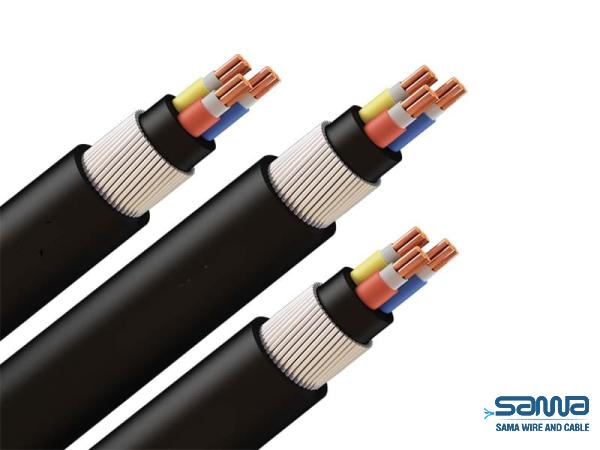
.
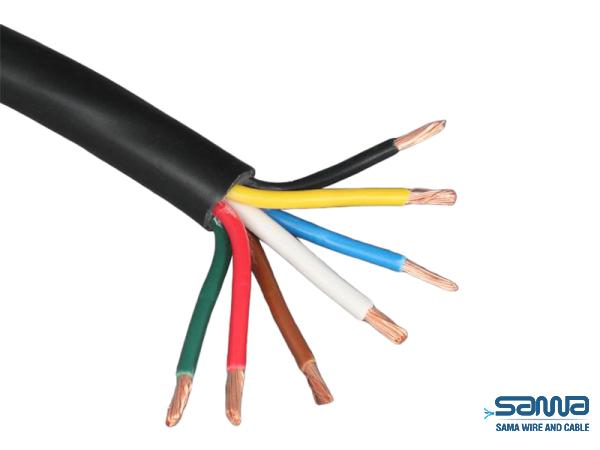 Aluminum, while less conductive than copper, can still carry electricity efficiently. However, its lower conductivity may result in higher power losses and voltage drops, ultimately impacting the overall performance of electrical systems. To compensate for the lower conductivity of aluminum, larger cable sizes may be required, leading to increased costs. 2. Cost Considerations: One of the primary advantages of aluminum cable over copper is its lower cost. Aluminum is a more abundant and less expensive material compared to copper, making it an attractive option for businesses aiming to reduce wiring costs. However, it is important to scrutinize the overall cost of installation, including sizing adjustments and potential maintenance expenses, when considering aluminum cable.
Aluminum, while less conductive than copper, can still carry electricity efficiently. However, its lower conductivity may result in higher power losses and voltage drops, ultimately impacting the overall performance of electrical systems. To compensate for the lower conductivity of aluminum, larger cable sizes may be required, leading to increased costs. 2. Cost Considerations: One of the primary advantages of aluminum cable over copper is its lower cost. Aluminum is a more abundant and less expensive material compared to copper, making it an attractive option for businesses aiming to reduce wiring costs. However, it is important to scrutinize the overall cost of installation, including sizing adjustments and potential maintenance expenses, when considering aluminum cable.
..
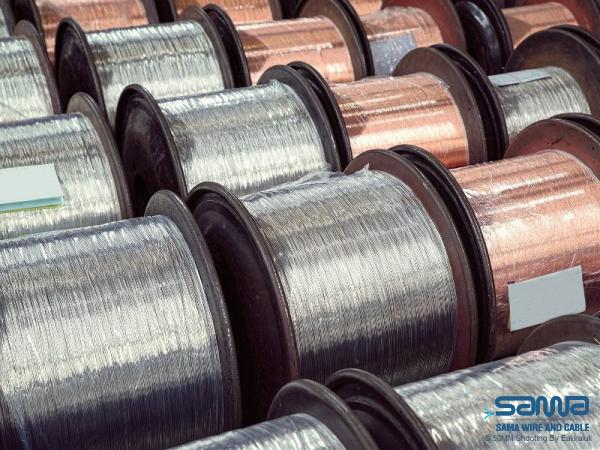 Copper may have a higher upfront cost, but its durability and long-lasting performance often outweigh the initial investment. 3. Weight and Flexibility: Aluminum has a lighter weight compared to copper, leading to easier handling and installation. This attribute can be especially advantageous in large-scale projects where cable lengths are extensive. Aluminum cable is also more flexible, allowing for seamless routing in confined spaces, which can reduce installation time and effort. Copper, on the other hand, is denser and less flexible, making it more suitable for stationary installations where mobility is not a concern. 4. Corrosion and Compatibility: Aluminum is susceptible to corrosion when exposed to certain environments or specific metals, such as copper. To address this issue, special connectors and terminations designed for aluminum connections must be used to prevent galvanic corrosion.
Copper may have a higher upfront cost, but its durability and long-lasting performance often outweigh the initial investment. 3. Weight and Flexibility: Aluminum has a lighter weight compared to copper, leading to easier handling and installation. This attribute can be especially advantageous in large-scale projects where cable lengths are extensive. Aluminum cable is also more flexible, allowing for seamless routing in confined spaces, which can reduce installation time and effort. Copper, on the other hand, is denser and less flexible, making it more suitable for stationary installations where mobility is not a concern. 4. Corrosion and Compatibility: Aluminum is susceptible to corrosion when exposed to certain environments or specific metals, such as copper. To address this issue, special connectors and terminations designed for aluminum connections must be used to prevent galvanic corrosion.
…
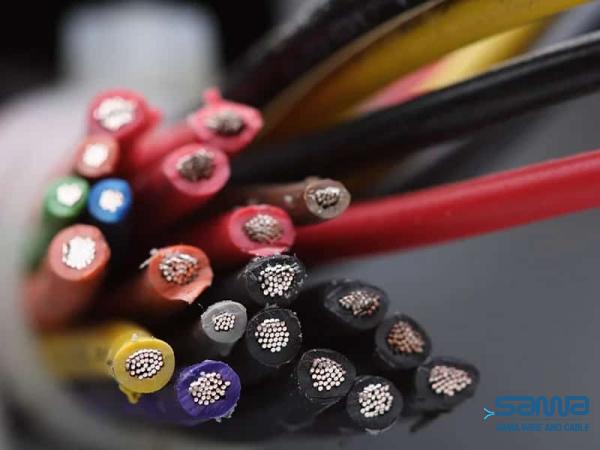 Copper, on the other hand, does not face the same level of corrosion concerns. Moreover, copper has wider compatibility with various devices and equipment, making it a safer choice for business applications. Conclusion: Both aluminum and copper cables have their place in different electrical applications. While aluminum offers cost savings and flexibility, copper provides superior conductivity, durability, and compatibility, particularly for critical operations. Businesses must carefully evaluate their requirements and consult with experts to determine the optimal choice for their specific needs. Whether it is maximizing efficiency or minimizing long-term maintenance costs, selecting the right conductor material is a crucial decision that can impact the safety and success of a business.
Copper, on the other hand, does not face the same level of corrosion concerns. Moreover, copper has wider compatibility with various devices and equipment, making it a safer choice for business applications. Conclusion: Both aluminum and copper cables have their place in different electrical applications. While aluminum offers cost savings and flexibility, copper provides superior conductivity, durability, and compatibility, particularly for critical operations. Businesses must carefully evaluate their requirements and consult with experts to determine the optimal choice for their specific needs. Whether it is maximizing efficiency or minimizing long-term maintenance costs, selecting the right conductor material is a crucial decision that can impact the safety and success of a business.
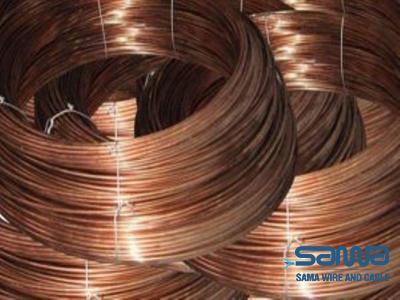
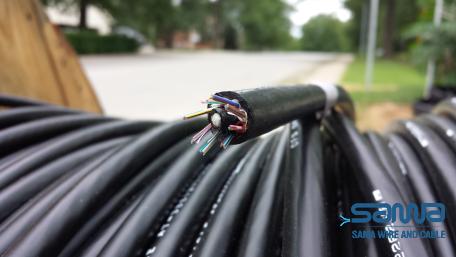
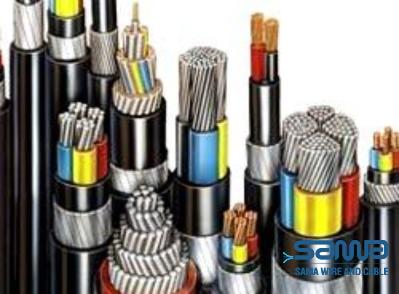

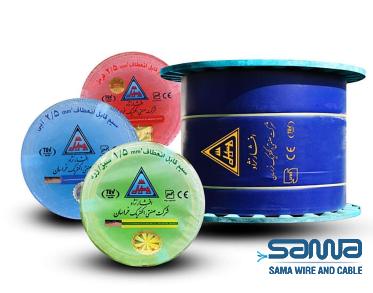
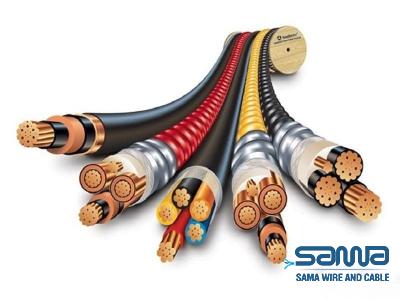
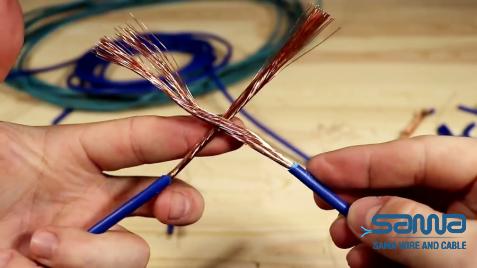
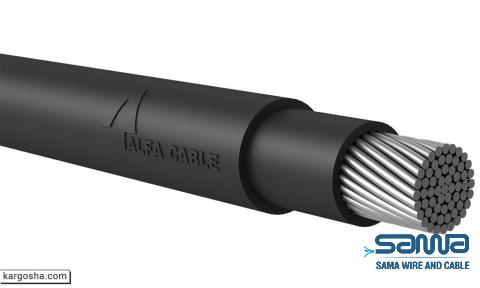
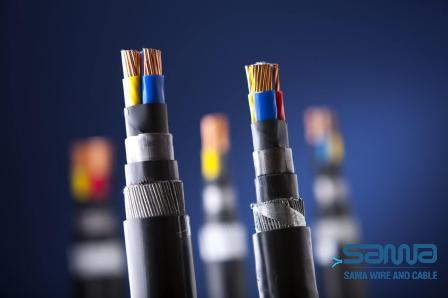
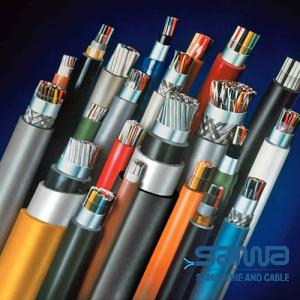
Your comment submitted.